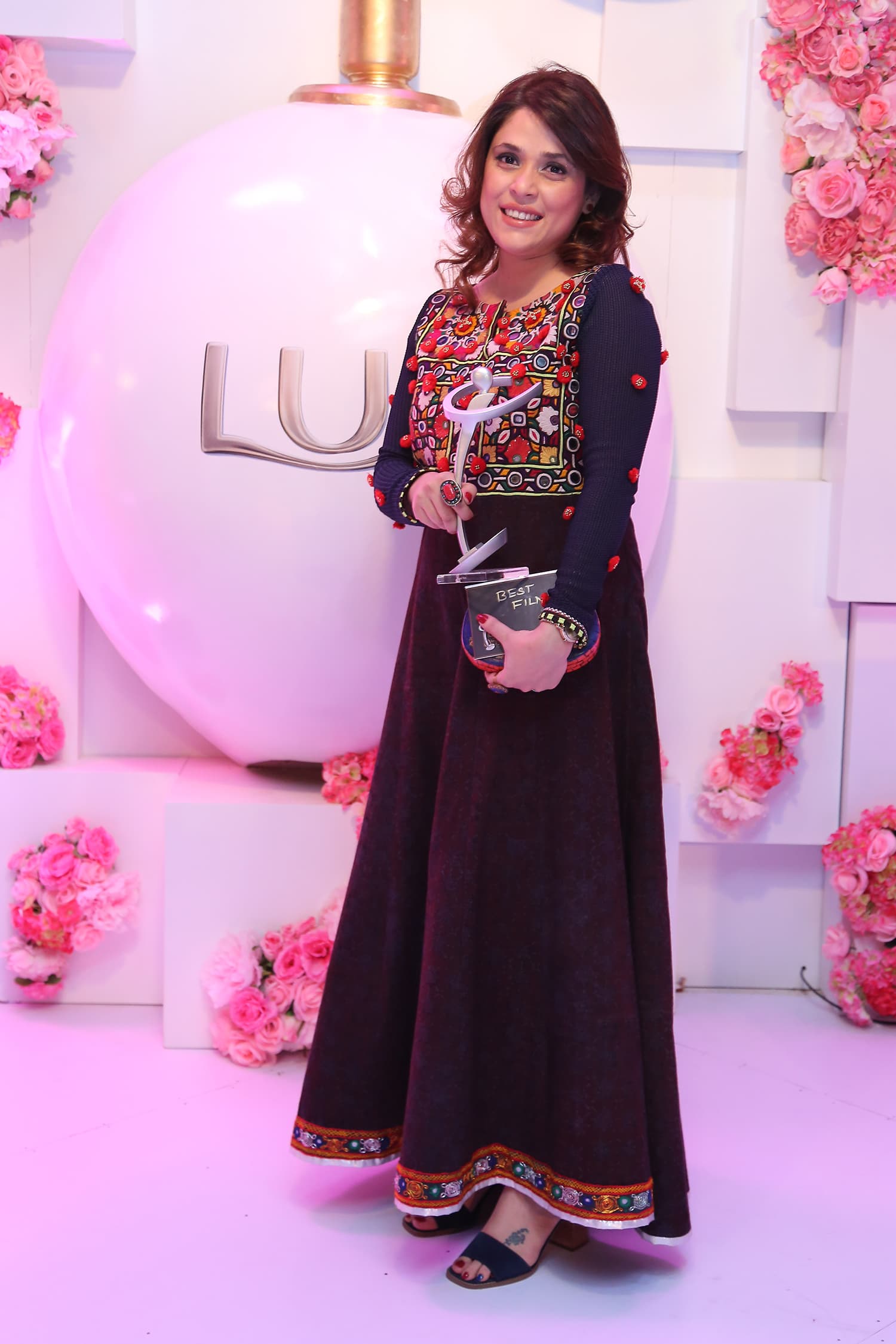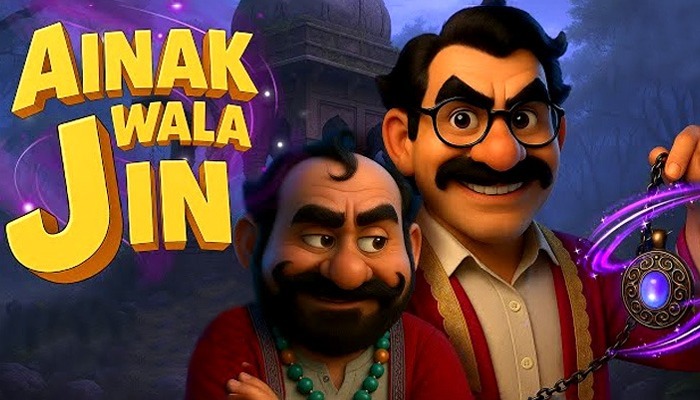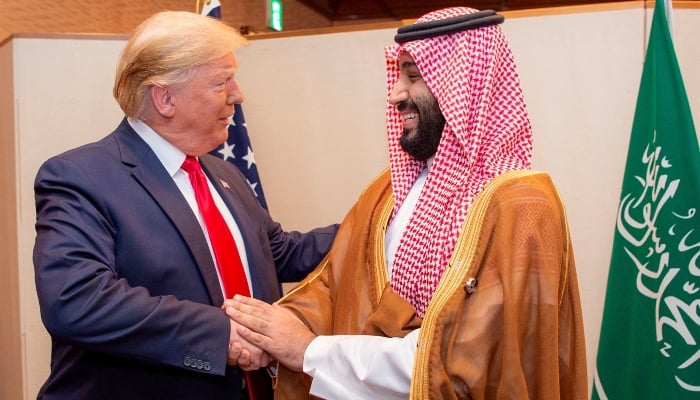While audiences may consistently enjoy blockbuster films like Na Maloom Afraad and Actor In Law, they ought to know the woman behind these prodigious cinematic ventures. Fizza Ali Meerza, a Pakistani film producer and screenwriter, has several notable productions under her belt which went on to become huge national successes.
Her independent production company, Filmwala Pictures, launched with Nabeel Qureshi, has earned a formidable reputation over the years. It also has the credit of releasing Pakistan’s first movie after the pandemic. While Fizza’s prowess as a producer and her writing skills come through on the wide screen, little is known about her life and the chain of events that made her a prominent name in the industry. BOLD had a chance to speak with the maestro and gather insight on her journey to success.
How did you start your career that eventually led you to become one of the most renowned female producers in Pakistan?
Way back in 2001, I used to work as an Assistant Director with Ahsan Raheem. I was in the launch team of a private local TV channel. Then I joined NAPA to study drama, however I ended up leaving in a year as I was more interested in the practical side of the media industry. Eventually, I got back to freelancing and formed my company FilmWala Pictures. With that, I started picking up projects from the market. During that time, I was also involved in several small projects like Ishrat Baji, Childhood with Zymal, and so on.
In 2014, we registered the company FilmWala Pictures. The idea was to at least make one film in a lifetime. When making a movie was just an idea, I didn’t know how and when I am going to do it but to fulfill this dream was the passion that drove me to where I am today.
Did you face any struggles as you built your directing career in a primarily male dominated industry?
I love writing and making films, and I might end up directing one day. I will grow in this field because I love what I am doing. My work is passionately driven and you can’t survive in the industry if you don’t have a hunger for it.
In our society, we also have strict social rules. Especially when it comes to a working woman, not only should your family be understanding but also your relatives. At the end of the day, if you are out all day and night for work, relatives are the first to question your household. Having said that, it is tougher for one’s family because they are the ones back home standing up for you and facing the society while you get to focus on your work. I believe, unless you don’t have a supportive family, you can’t be a successful person. I was blessed that I had a supportive family.
As far as being a woman is concerned, there is probably no field in Pakistan dominated by females. There are men everywhere. The politics has sometimes nothing to do with gender; you can get it from both sides.
What is your creative process whilst writing and directing?
My ideas are mostly what inspire me. There might be something seemingly minute that captures my attention and then I try to contrive it properly. For me, making a movie is about sharing your emotions and observations with people. Load Wedding depicted our societal narrative of dowries, which is a relevant social issue. Na Maloom Afraad was about a different issue. We only have one medium to say what we want to say, so we have to come up with different ideas that should also be relatable to the audience.
Have you ever thought of trying your hand at acting?
I am extremely camera-shy (laughs). Acting is not my cup of tea.
If we didn’t have Na Maloom Afraad the wheel could have never set in motion. It was a huge project that saved the industry. How did you achieve this feat?
Nabeel and I were teenagers when we first started building our dream of making a film one day. Back then, a lot of novelties were attached with the 35mm film. We decided that whenever we garner enough money to make a film, we will do so immediately.
And suddenly, several digital avenues came in which proved that it could give the same result that a 35mm would give. It gave us the courage to practically think about our dreams and ideas. And the moment we secured finances for our project, we made Na Maloom Afraad. We realized that Pakistan was in a dire need of a good film. And after its release, a lot of people took charge and made several incredible movies, which felt really good to witness.
Your projects with Nabeel always end up becoming a super hit success that compel people to go to the cinema. Would you call it luck or hard work?
I believe in luck, but at the same time there is a lot of hard work that goes in. Our strategy is very simple; we don’t come up with forced content, but instead focus on what people would like to see and listen to. We engage the audience the same way we would want to be engaged when we watch a movie. We belong to the majority of Pakistan; the middle-class, and that is why we could relate to prevalent issues and successfully bring in the public to watch these movies. And of course, God has been too kind to us.
You and Nabeel Qureshi make a wonderful producer-director duo. How has this journey been with him?
Nabeel and I have been working together for ages. Our chemistry and understanding together is on another level. We have many other people that we share the same equation with that work well with us as a team. We prefer hiring new people for every film so they come to work with us, gain experience, learn and set their footing in the field. It’s just like training the new bees and let them swim against the tides so they can find their own way.
In your opinion, why did the movie receive mixed reviews from critics and some audiences?
I don’t know about the critics and bloggers, but the audience loved the movie. One thing that the media should agree to is that after Khel Khel Mein, people started talking about the Fall of Dhaka. Discussing the 1971 war is not a taboo anymore.
Secondly, the history has been written from one side, we don’t have enough of history written on this side since our writers did not document much of it. This movie started a debate regarding the ordeal and on questions surrounding it like whether Pakistan and Dhaka had room to handle the problem or was there enough margin? Evaluation from both ends is needed to get the complete picture.
People are also criticizing the fact that India is portrayed as the culprit in the movie. What do you have to say about that?
When India is busy building a narrative against Pakistan, I don’t understand why our own people are against our narrative and calling out biases. I want to ask them if they are convinced with the narrative that India has been building against Pakistan.
Any film is to be judged by the viewers, they have the liberty to do that, so they can make whatever they want out of it. However, we will keep producing movies that help in initiating a dialogue and break the ice between rivals.
Why do most Pakistani movies take the comedic route to address social issues? Why can’t we discuss issues like this in a serious way?
There was a little bit of seriousness to Khel Khel Mein and even with the serious aspect being so little in the movie, people started criticising it for being too serious. Access to Pakistani cinema is already so expensive that people don’t want to invest their time and money watching a serious movie. They want to spend their money in entertainment which can make them laugh, where they can have a good time, enjoy the movie and go home without anything weighing on their conscience.
What are your views on feminism and how far have we come to be seeing empowered women?
Feminism should have a meaning of its own, away from all the negativity that surrounds it in our country. I do feel that women should support their gender, they should understand other women and create a safe environment where women from all walks of life can grow. Controversies that effect the motto shouldn’t be given much attention.
While we do have young girls in the field, their presence is very important for me on the sets, you will always find me providing a safe and empowering work environment to women around me. And I believe this standard should be set for all women, regardless of the position they’re working at, by providing them a space where they feel comfortable to work.
Is it easy to manage the role of a mother while being a producer on films?
My children have been very kind and understanding towards my hectic work routine. Only a mother has that connection and bond with her children that gives her the strength to juggle between work and family life.
Any projects that you are planning to co-produce in future?
Co-production is an option that will always be open to me but at this point I believe that Pakistan should give priority to their local actors. We are a small industry and with an even smaller window for opportunities, and having taken enough away from our people, I think it’s time we give them back. Especially now when there aren’t many opportunities left.
Where do you see the Pakistani industry in 10 years?
If this was asked two years ago I would have a completely different answer to this question. We were at a much better position back then. But with the news of the fifth wave looming over our heads, this question is a little difficult to answer. But I wish and pray that our industry thrives in the upcoming years and gets recognised worldwide.





















